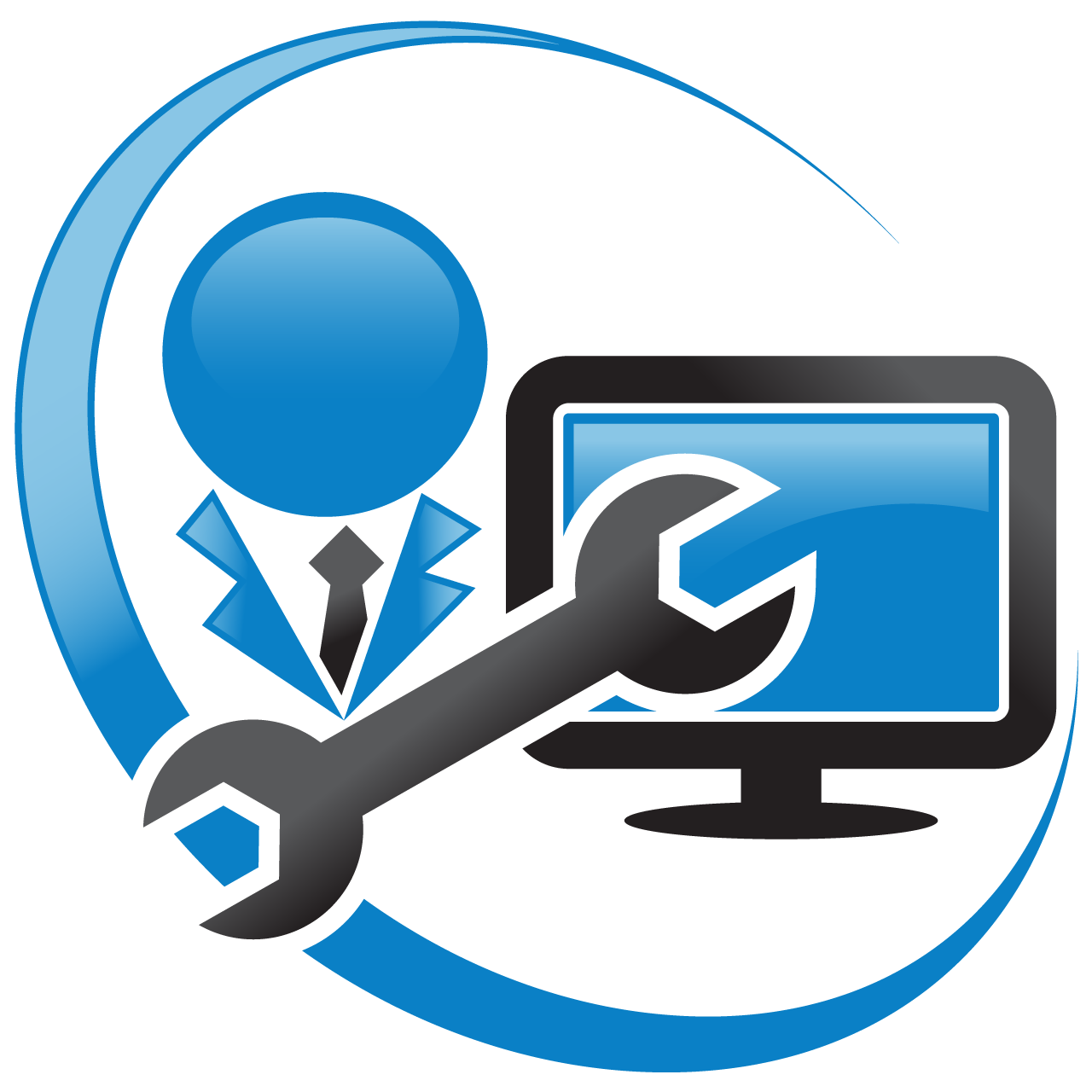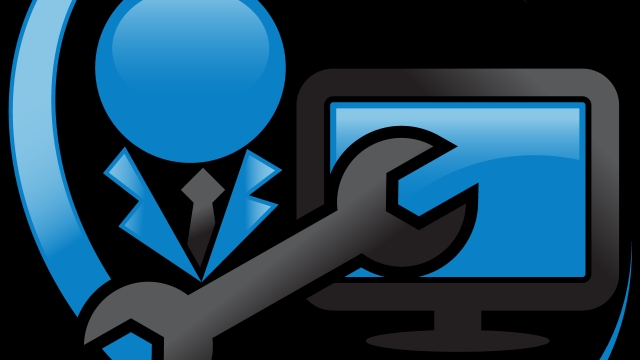Computers have become an integral part of our lives, serving as our personal assistants, entertainment hubs, and productivity tools. However, just like any other technology, they can sometimes encounter glitches and unexpected issues. This is where computer repair comes into play, ensuring the smooth functioning and optimal performance of our beloved devices. Whether you’re dealing with a sluggish laptop or facing perplexing error messages, fret not! In this comprehensive guide, we will delve into the realm of computer repair, sharing invaluable tips and tricks that will help you revive your device and ensure it thrives for years to come. So, without further ado, let’s dive in and uncover the secrets of troubleshooting and mending your computer-related woes.
1. Common Computer Repair Issues
Computer repair can be a daunting task, especially when faced with common issues that may hinder our daily productivity. In this section, we will explore some of the most frequent problems that arise and provide you with valuable tips on how to resolve them efficiently.
Slow Performance: One of the most frustrating computer issues is sluggish performance. When your computer takes ages to load programs or respond to commands, it can significantly affect your workflow. To address this, be sure to regularly clear out unnecessary files and programs, update your operating system, and run regular scans for viruses or malware. Additionally, consider upgrading your RAM or investing in a solid-state drive (SSD) to boost your computer’s speed.
Overheating: Overheating is a common problem, especially in laptops. Excessive heat buildup can cause your computer to slow down, freeze, or even shut down unexpectedly. To prevent this, ensure that your computer has proper ventilation by keeping the vents clean and unobstructed. Additionally, consider using a cooling pad or external fan to keep temperatures in check during intensive tasks.
Blue Screen of Death (BSOD): The dreaded blue screen of death can strike fear into the hearts of computer users. This generally occurs due to critical system errors or hardware failures. When faced with a BSOD, restart your computer and ensure that all software and drivers are up to date. If the issue persists, consider running hardware diagnostics or seeking professional assistance.
By being aware of these common computer repair issues and applying the appropriate tips, you can tackle them head-on and ensure the smooth functioning of your computer. In the next section, we will delve into specific tips for laptop repair, addressing common problems encountered specifically in laptops. Stay tuned!
This completes section 1 of 3 sections in our ultimate guide to computer repair.
2. Essential Laptop Repair Tips
Keep Your Laptop Clean: Regularly cleaning your laptop is essential to maintain its performance and prevent any hardware issues. Start by shutting down your laptop and disconnecting it from any power source. Use a soft, lint-free cloth to gently wipe the exterior surfaces, including the keyboard, touchpad, and screen. Avoid using harsh chemicals or abrasive materials that could damage the laptop’s components.
Protect Your Laptop from Heat: Overheating can be a common problem that affects the performance and lifespan of laptops. To avoid this, make sure you provide proper ventilation for your laptop by not blocking the air vents. Additionally, using a laptop cooling pad or elevated stand can help dissipate heat more effectively. Regularly cleaning the cooling fans and keeping the laptop on a hard, flat surface can also prevent overheating.
365pcfixSecure Your Laptop with Antivirus Software: Protecting your laptop from viruses and malware is crucial for its smooth operation. Install a reputable antivirus software and keep it up to date with the latest virus definitions. Perform regular scans to detect and remove any potential threats. Avoid visiting suspicious websites or clicking on unknown links to minimize the risk of malware infections. Additionally, be cautious when downloading and installing software from untrusted sources.
Remember, these essential laptop repair tips can help you maintain the performance and longevity of your laptop. Proper cleaning, heat management, and antivirus protection are key factors in ensuring your laptop operates smoothly and stays in good condition.
3. Preventative Maintenance for Optimal Performance
- Regularly clean your computer and laptop
Computers and laptops are prone to dust and dirt accumulation, which can lead to overheating and performance issues. To ensure optimal performance, it is important to clean your devices regularly. Start by shutting down your computer and unplugging it from the power source. Use a soft, lint-free cloth to wipe the exterior of the device, removing any smudges or fingerprints. For hard-to-reach areas, such as keyboard crevices, you can use compressed air to blow away any dust particles. Remember to also clean the screen using a screen cleaning solution or a mix of water and vinegar for a streak-free shine.
- Manage your software and updates

Keeping your computer’s software up to date is essential for its smooth operation. Enable automatic updates for your operating system and regularly check for updates for your installed programs. These updates often include important bug fixes, security patches, and performance improvements. Additionally, it is crucial to have a reliable antivirus software installed and regularly updated to protect your computer from malware and viruses. Run regular scans to ensure your system is clean and secure.
- Optimize storage space
As time goes on, we tend to accumulate unnecessary files, which can clog up our computer’s storage space and slow down its performance. Take the time to declutter your hard drive and delete any files or programs that you no longer need. Organize your files into folders and consider transferring large files to an external hard drive or using cloud storage options. Additionally, if you have limited storage space, regularly empty your recycle bin or trash folder to free up additional space and improve overall performance.
Remember, by following these preventative maintenance tips, you can extend the lifespan of your computer or laptop and ensure it continues to perform at its best.
